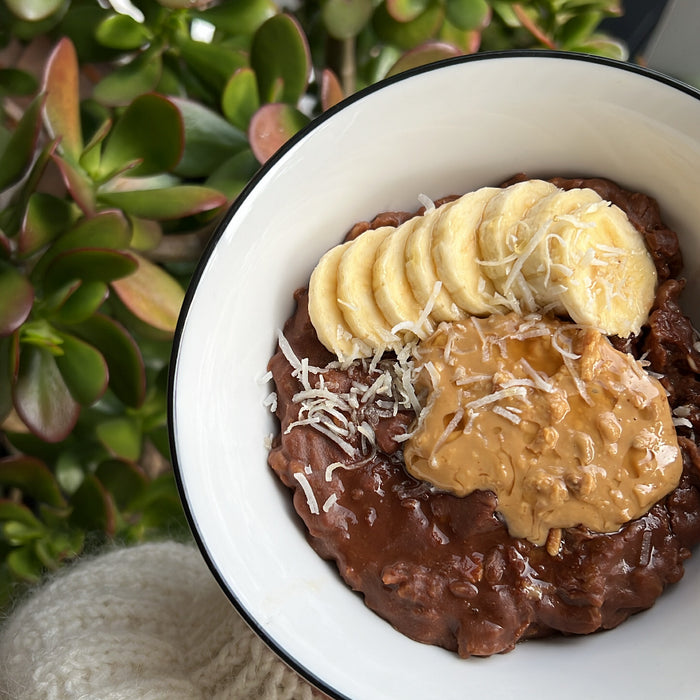Now that all the baby boomers (including myself) are getting older, more research is appearing on how to counter the effects of aging. We all like to think that 60 is the new 50 or 50 is the new 40 as we rapidly progress through these decades.
However, are we really feeling younger, more lively and energetic than our forbears? Of course some are living to a ripe old age (often being kept alive on huge amounts of pharmaceutical meds) but for others, cancers, osteoporosis, heart attacks, arthritis, dementia and/or general low energy is the norm.
So how do we age gracefully and remain fit and healthy into our 80's and 90's? Many cultures where Western influence has not been prominent (e.g. the Hunza and other remote indigenous peoples) are said to live well over 100 years of age and still be active in their community.
Obviously if we are going to live longer we want to also feel well and able to contribute to life.
Here are some of my tips on how to age gracefully, feel fit and healthy and maintain an active and sustainable lifestyle into our 60's, 70's and beyond.
- Exercise - research now shows that people who sit for long periods (11-12 hours a day) have the greatest risk of dying young. The good news is even a little bit of exercise helped to change the statistics. If you sit at a desk all day, take 2 mins in the hour to walk around, stretch and get the blood circulating. The optimum to aim for is a brisk 20 - 30 min. walk a day.
- Include a large of amount of fresh, local and organic fruit and veggies in your daily regime. The nutrients in organic foods as compared to inorganic are considerably higher. Most degenerative diseases occur because of lack of nutrients in the diet. Foods that have been sitting on the supermarket shelf for long periods of time do not contain adequate nutrients to keep us fit and healthy. Be mindful of where your food comes from, how it is made and who or what may have suffered to produce it. Becoming vegetarian, or decreasing your meat and dairy intake, is not only beneficial for your body but reduces the suffering of farm animals.
- Omega 3 oils - as we age and are exposed to many toxins and stresses, inflammatory mediators in the body increase. The omega 3 oils are anti-inflammatory and so are beneficial for all arthritic aches and pains, skin disorders, dementia and Alzheimer's disease (our brain requires these oils to function well) and heart disease. The best sources are deep sea wild caught fish and organic flaxseed oil. Taking fish oil capsules can be beneficial but we need to keep in mind that our oceans are being fished out. Organic flaxseed oil is a great alternative. Take 1-2 dessertspoons a day with food. Max Gearson (a great pioneer into cancer treatments) found organic flaxseed oil was the only oil he could include in his patients' diets that did not bring about a recurrence of their cancer. He also found that his patients recovered more quickly with the addition of organic flaxseed oil to their diets.
- Vitamin D - the best source is sunshine! Expose your body to 15-20 mins a day of sunshine. Avoid sunburn by covering up if staying out for long periods. Avoid sunscreens that block out beneficial UV rays that are protective to our skin. In climates where there is no sun for long periods or where someone is unable to get outdoors, Vit D supplementation can be helpful - 1,000- 2,000 iu's a day.
- Avoid processed foods and chemicals in your diet as much as possible - if it comes in a packet, it probably contains unwanted ingredients. Also avoid hydrogenated fats like margarines and polyunsaturated oils which all contribute to heart disease and cancer. Eat foods as much as possible in their original state. Soak lentils, grains and beans well before cooking to remove phytates which leach minerals out of the body.
- Fermented foods are beneficial - sauerkraut, yoghurt, tofu, tempeh and miso have all shown positive effects for our health by increasing beneficial gut bacteria. Take a broad-spectrum probiotic daily.
- Hydration - as we age our cells can become more dehydrated and our ability to gauge our thirst levels declines. So it is important to keep up adequate amounts of pure water. Avoid buying water in plastic bottles if possible, instead filter tap or rain water. One to two litres a day is recommended, more if you are exercising and/or sweating heavily. A good indication is how concentrated your urine is - if it is darkish yellow and smells strong, you need to drink more water; if it is water coloured and frequent you are probably drinking too much.
- Iodine - is important for all cells in the body and if not enough, we are more likely to age rapidly with more illness. The soil in some countries, like Australia, is deficient of Iodine, so we need to add it to our diets. Eating a diet high in fish and seaweed can help but some people may need to take supplements. Consult your naturopath if you would like to take an iodine supplement. Do not supplement with Iodine if you are hyperthyroid.
- Last but definitely not least, meditate for at least 15 minutes a day, practice mindfulness (i.e. staying in the present moment rather than reliving the past or worrying about the future) and be grateful for whatever small things you can. People who are socially isolated, especially in old age, have a shorter life span, so contribute in whatever way you can to your community and keep your mind and body active. Cultivate joy and equanimity as much as possible.
May we all enjoy the benefits of a fruitful and healthy life.
Suzanne Staples Naturopath Herbalist Homoeopath Email info@heartandspirit.com.au

